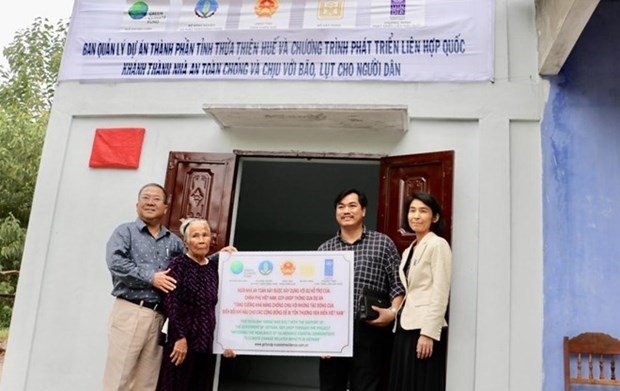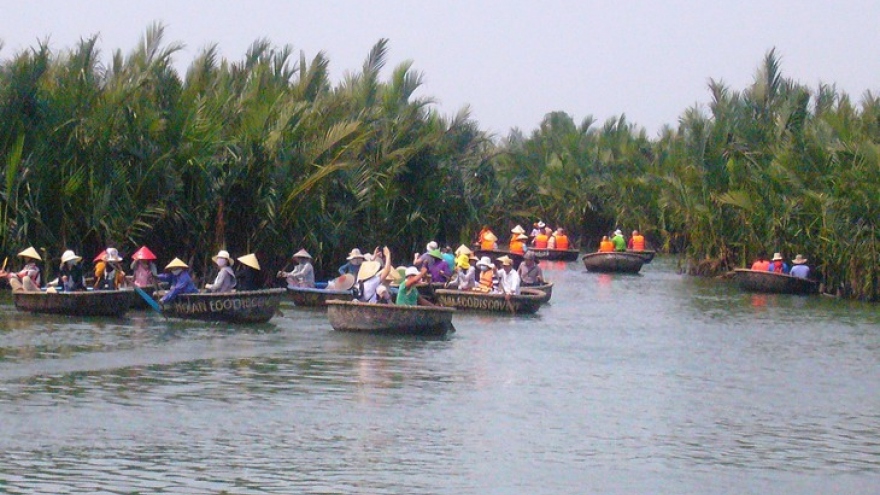Safe housing under Green Climate Fund proves effective
Safe housing was hailed as one of the successes of the Green Climate Fund (GCF), a project to improve the resilience of Vietnam’s vulnerable coastal communities to climate change-related impacts, a conference held to review project implementation this year and discuss plans for 2021 heard.

The project is being carried out by the Ministry of Agriculture and Rural Development, the Ministry of Construction, and the United Nations Development Programme (UNDP).
Despite the COVID-19 pandemic and recent storms and flooding ravaging Vietnam’s central region, more than 3,500 safe houses have been built under the project by the end of the year, over 3,300 ha of mangrove forest replanted, and 24 livelihood models successfully rolled out, generating incomes for poor local coastal families and providing training for in excess of 39,000 officials and citizens.
Tran Quang Hoai, Director General of the Vietnam Disaster Management Authority and head of the project, said that most GCF houses remained safe even during the recent storms and called for the project to be replicated.
UNDP Resident Representative Caitlin Wiesen spoke highly of efforts from the project management boards at both central and local levels to fulfil most of the project’s five-year targets.
The project aims to build a total of 4,000 safe houses, restore 4,000 ha of mangrove forest and give 20,000 residents access to information on climate change and natural disaster.
Next year, the project will devise new safe housing programmes in 28 coastal localities, care for over 3,380 ha of mangrove forest in five provinces, and bolster work in mitigating risks from natural disasters.
The GCF project aims to increase the resilience of vulnerable coastal communities to climate change through safe housing, protect vulnerable coastal communities from increased flooding and storms, provide robust mangrove coverage to establish a natural buffer between coastal communities and the sea, and enhance climate risk information to guide climate-resilient and risk-informed planning.
According to the Ministry of Construction and the UNDP, more than 100,000 safe houses are needed in 28 coastal provinces and cities, and priority must be given to 24,000 in coastal areas.


